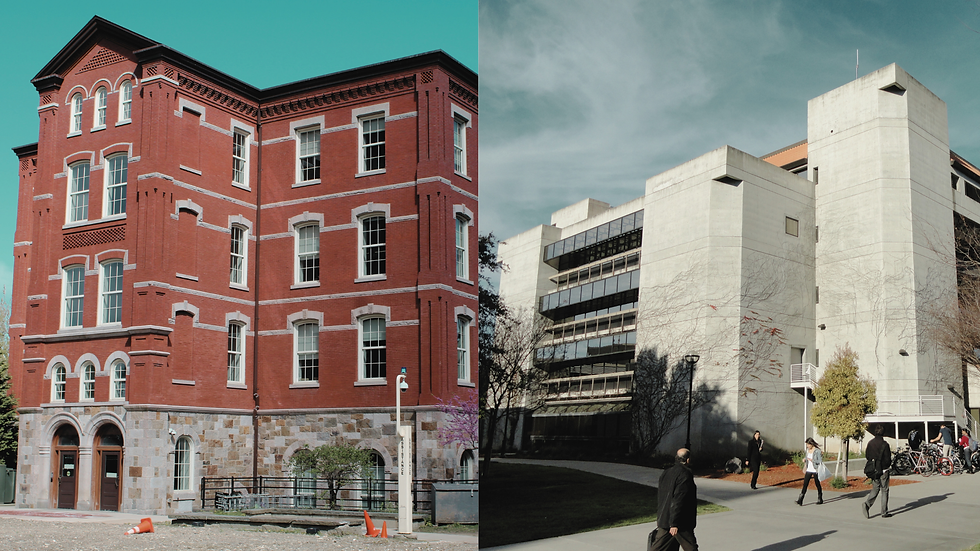Turkey: Constitutional Court overturns terrorism charges against peace academics
- Dolunay Bulut
- Jul 29, 2019
- 2 min read
On Friday, July 26, the general secretariat of Turkey’s Constitutional Court held a meeting to examine individual applications from 10 peace academics, who had been sentenced to between 15 months and 3 years in prison for having signed Academics for Peace petition, calling for peaceful resolution of the decades long armed conflict between the Turkish state and Kurdish rebels. Among those individual applicants were Professor Fusun Ustel, who was incarcerated in Eskisehir Women’s Prison from May 8 to July 22, 2019.
The high court has ruled that the trial of Academics for Peace based on charges of terrorist propaganda as per the Anti-Terror Law Article 7/2 was a violation of their freedom of expression, and decided on retrial. The decisive tie-breaking vote was cast by Zuhtu Arslan, President of the Constitutional Court. In addition, the court decided to pay 10 peace academics nine thousand Turkish Liras as reparations.
Following the announcement of the decision on Friday, Meriç Eyüboğlu, the attorney for several Academics for Peace stated to Bianet:
“After 3.5 years, one of the judicial authorities has finally acknowledged that signing and declaring the Peace petition was an exercise of the right to freedom of expression. Universities have been emptied, the academics who did not withdraw their signatures were forced to resign, several academics lost their jobs, the ones who went abroad could not come back. They have been sentenced to civil death in their own terms. With the judicial process, the threat of prison and high sentences have been added to all of these. This verdict has made us happy, but only one of the violations faced [by academics] has been overturned. However, considering its result, it will only affect the cases at Heavy Penal Courts. As a matter of fact, the ones discharged for having signed the declaration need to be reinstated. As long as the decisions of discharge are not withdrawn and all rights are not restored, this verdict is not enough.”
The verdict shall be sent to all local courts to prevent further rights violations in ongoing or future trials. Since the beginning of the Academics for Peace trials on December 5, 2017, 623 of 2,212 signatories have had court hearings. As of June 13, 2019, 199 of the 623 have been sentenced to prison, 36 of which without deferral. Trials will continue in multiple cities until the end of the judicial term and will be resumed in September. Following the Constitutional Court’s precedent, acquisitions and mitigation of sentences for academics are expected.
Endangered Scholars Worldwide welcomes this news with great relief. For the past three years, ESW has been monitoring the struggle of academics in Turkey case by case, making inquiries on a daily basis. The ongoing tensions in Turkey have a profoundly unsettling effect on academic freedom and poses a grave threat to higher education on a national scale. We at ESW consider the constitutional court decision as a significant development, and look forward to sharing the news of full acquittal and reinstatement of those who were dismissed from their positions due to peaceful exercise of their freedom of expression and association, conduct that is expressly protected under international human rights instruments, including the Universal Declaration of Human Rights and the International Covenant on Civil and Political Rights, to which Turkey is party.





